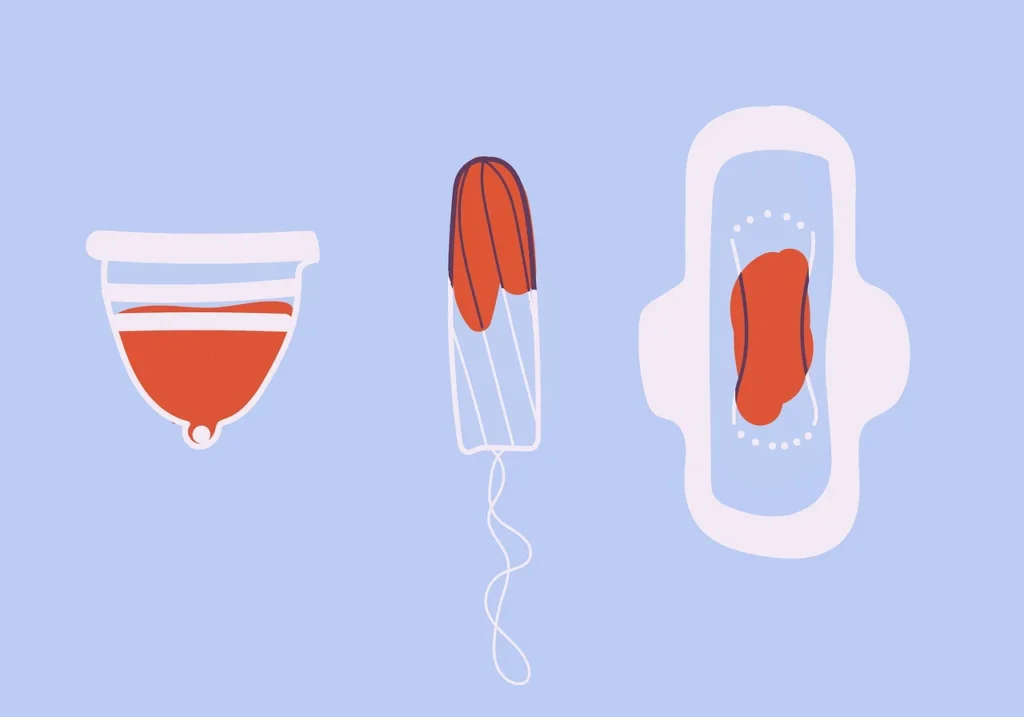Maintaining good menstrual hygiene is essential for every person who menstruates. It helps prevent infections, discomfort, and promotes overall well-being during menstruation. Here are five ways to ensure proper menstrual hygiene:
1. Use clean and appropriate menstrual products:
- Menstrual pads: Choose high-quality pads made of cotton or other breathable materials. Change them every 4-6 hours, or more frequently if needed.
- Tampons: If you prefer tampons, make sure to change them every 4-8 hours to reduce the risk of Toxic Shock Syndrome (TSS). Use the right absorbency for your flow.
- Menstrual cups: Cups are reusable and environmentally friendly. Clean and sanitize them properly between uses, following the manufacturer’s instructions.
2. Wash your hands before and after handling menstrual products:
- Proper hand hygiene is crucial to avoid transferring bacteria to your private areas, reducing the risk of infections.
3. Maintain genital hygiene:
- During menstruation, wash your genital area with mild, unscented soap and water. Avoid using harsh chemicals or scented products that can disrupt the natural pH balance and cause irritation.
- Pat dry the area gently with a clean towel after washing.
4. Dispose of menstrual waste properly:
- Wrap used pads and tampons in toilet paper or the wrapper they came in before disposing of them in a trash bin with a lid.
- If you’re using menstrual cups, empty the contents into the toilet, rinse the cup with clean water, and reinsert it after washing your hands.
5. Keep track of your menstrual cycle:
- Knowing your cycle helps you anticipate when your period will start, allowing you to be prepared with the right menstrual products.
- Additionally, tracking your cycle can help identify irregularities or potential health concerns, which you can discuss with a healthcare professional if needed.
Remember that maintaining menstrual hygiene is not only about physical cleanliness but also includes taking care of your emotional well-being during menstruation. Practice self-care, get enough rest, eat nutritious foods, and stay hydrated to help manage menstrual discomfort effectively. If you experience any persistent discomfort or unusual symptoms during your period, consult a healthcare provider for advice and support.

